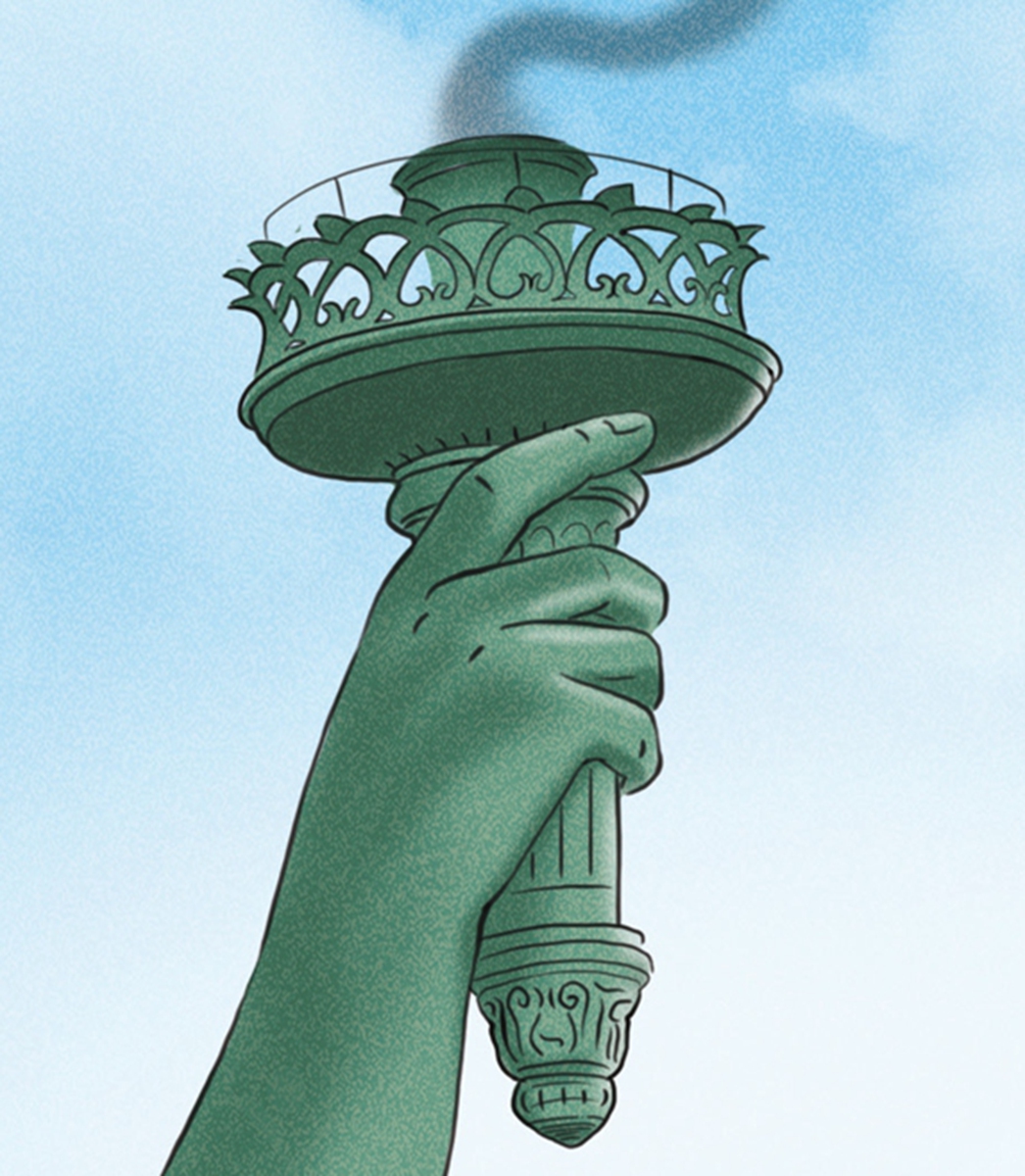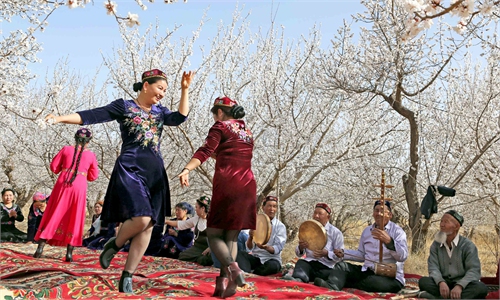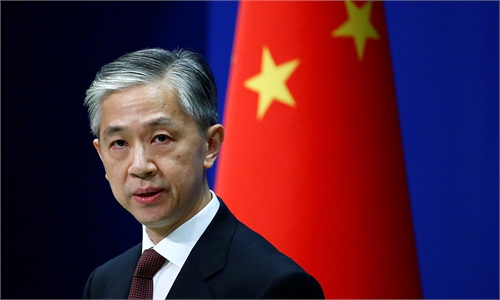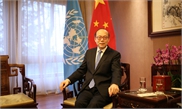
Illustration: Liu Rui/GT
US Secretary of State Antony Blinken recommitted the US to rejoining the United Nations Human Rights Council on Wednesday in a video speech at the UN's top human rights body meeting.In a statement by the US State Department on the same day, Washington said it is committed to a foreign policy that "is centered on the defense of democracy and the protection of human rights."
Three years after former president Donald Trump withdrew the US from the UN Human Rights Council over what his administration called bias against Israel, the Biden administration is seeking election to a seat in the body, scrambling to "be a leading voice within the Council." The US decision comes as no surprise. The withdrawal of the US from the council under Trump has been considered by the Biden administration as a move that created "a vacuum of US leadership." Putting human rights at the center of the US foreign policy, the US is aimed at regaining global leadership on human rights.
Many Chinese scholars believe one of the major targets of US human rights diplomacy will be China. Zhang Tengjun, an assistant research fellow at the China Institute of International Studies, told the Global Times that the Biden administration hopes to make human rights issue a core topic in China-US relations, and it even wants to build human rights diplomacy as a political legacy. The US now apparently regards human rights as a topic that can be used to better unite allies. It can be expected that if the US is reelected to the UN Human Rights Council, the wrestling around human rights between China and the US will become fiercer.
For the US and other Western countries, the issue of human rights is a political football played by them to beat up and suppress those countries deemed as thorns on their side. They care nothing about the human rights situation in China. China achieved a mission impossible to eradicate absolute poverty in the country with a total population of 1.4 billion. People in China's Xinjiang Uygur Autonomous Region and Tibet Autonomous Region are living a stable life with growing prosperity. But those Western countries, claiming to be human rights defenders, turn a blind eye to those indisputable improvements in human rights. What they really want to see is a backward China.
Human rights are gaining more weight in US diplomacy, and this to some degree reflects the US' decline in strength. The US is in relative decline and the tools at its disposal against China have become more and more limited. The human rights card has been given more attention. It can be used to suppress China, and also unite its Western allies.
More countries, especially developing countries, have acknowledged and voiced support for China's human rights developments. It has also become clearer that the US and other Western countries are not in a position to point an accusing finger at other countries' human rights situation. Given the US' appalling human rights record, -- deep-rooted racism, over 500,000 COVID-19 death toll, and other human rights abuses, Washington, instead of putting human rights at the center of foreign policy, should place human rights at the core of its domestic policy.





